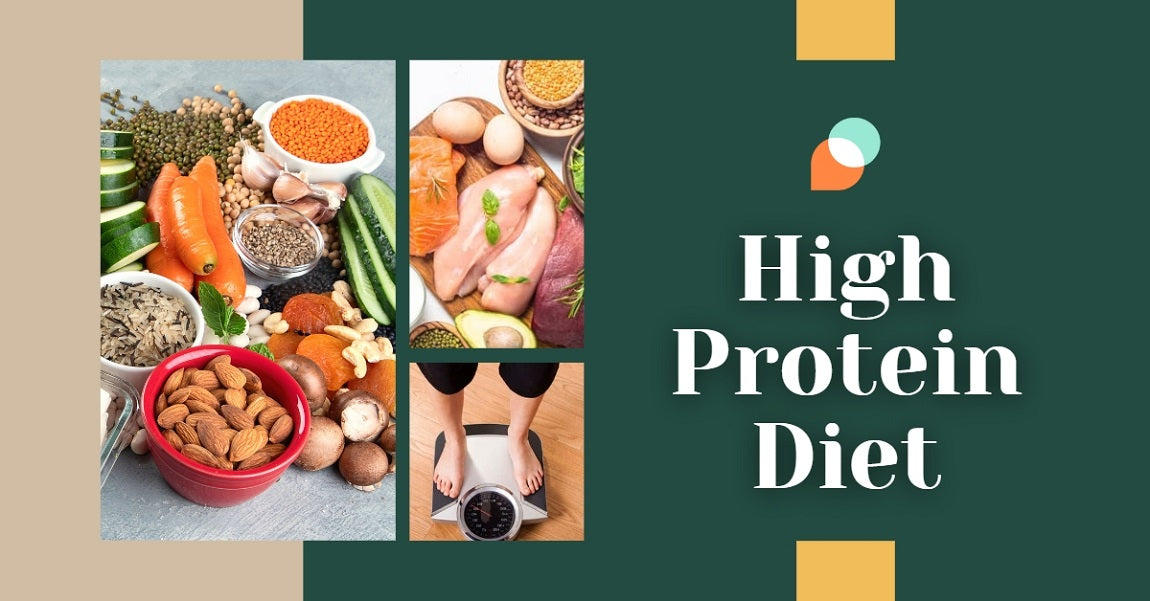Index Surge: Amplifying Your Insights
Stay updated with the latest trends and news across various industries.
Protein Craze: Eat Your Way to Greatness
Unlock the secret to peak performance with Protein Craze! Discover delicious ways to fuel your greatness today!
Understanding Protein: How Much Do You Really Need?
Protein is an essential macronutrient that plays a crucial role in building and repairing tissues in the body. But understanding protein needs goes beyond just knowing its significance; it also involves knowing how much you actually need for optimal health. The recommended dietary allowance (RDA) for protein varies based on several factors, including age, sex, and activity level. For most adults, the RDA is approximately 0.8 grams of protein per kilogram of body weight. However, athletes or those engaged in intense physical activity may require significantly more to support muscle synthesis and recovery.
To assess your individual protein needs, consider not only your body weight but also your lifestyle choices. For example:
- If you are sedentary, you may not need as much protein as someone who is regularly active.
- Older adults often require higher protein intake to maintain muscle mass.
- Vegetarians and vegans can meet their protein needs through a combination of plant-based sources, such as beans, lentils, and tofu.

Top 10 High-Protein Foods to Boost Your Diet
When it comes to enhancing your diet, incorporating high-protein foods is essential for building muscle, promoting satiety, and maintaining overall health. In this guide, we present the Top 10 High-Protein Foods that you can easily add to your meals. These foods not only provide a substantial amount of protein but also come packed with vital nutrients that support your energy levels and metabolic functions.
- Chicken Breast: A lean source of protein, chicken breast contains around 31 grams of protein per 100 grams.
- Greek Yogurt: This creamy delight offers approximately 10 grams of protein per 100 grams while providing probiotics for gut health.
- Lentils: A plant-based powerhouse, lentils provide about 9 grams of protein per half-cup, making them perfect for vegetarians.
- Quinoa: A complete protein source, quinoa contains all nine essential amino acids with approximately 8 grams of protein per cup.
- Almonds: Snacking on almonds can deliver around 21 grams of protein per 100 grams, along with healthy fats and fiber.
- Eggs: Known as a perfect protein source, eggs provide about 6 grams of protein each and are highly versatile.
- Tuna: This popular fish is incredibly rich in protein, boasting around 30 grams per 100 grams.
- Tofu: Often a staple in vegetarian diets, tofu offers about 8 grams of protein per 100 grams, making it a great meat alternative.
- Chickpeas: With roughly 15 grams of protein per cup, chickpeas are an excellent addition to salads and stews.
- Oats: Besides being a great source of fiber, oats offer about 13 grams of protein per 100 grams, making them a smart breakfast choice.
The Science Behind Protein: Why It Matters for Your Health
Protein is a fundamental macronutrient that plays a crucial role in nearly every biological process in the human body. It is made up of amino acids, which are often referred to as the building blocks of life. These amino acids are necessary for repairing tissues, producing enzymes and hormones, and supporting immune function. When consumed, dietary protein is broken down into these amino acids, which are then utilized by the body to create new proteins needed for cell growth and repair. Furthermore, adequate protein intake is essential for maintaining muscle mass, especially as we age, and can even aid in weight management by promoting satiety and reducing hunger.
Beyond its structural and functional roles, protein is vital for overall health and well-being. It contributes to various metabolic processes, including the synthesis of neurotransmitters that influence mood and cognition. When considering protein sources, it is important to include a variety of options, such as lean meats, dairy, legumes, and nuts, to ensure that you are getting a complete range of amino acids. Additionally, research suggests that individuals who consume sufficient protein may experience better outcomes in terms of muscle recovery, strength, and overall health. By understanding the science behind protein, you can make informed dietary choices that enhance your overall health and wellness.